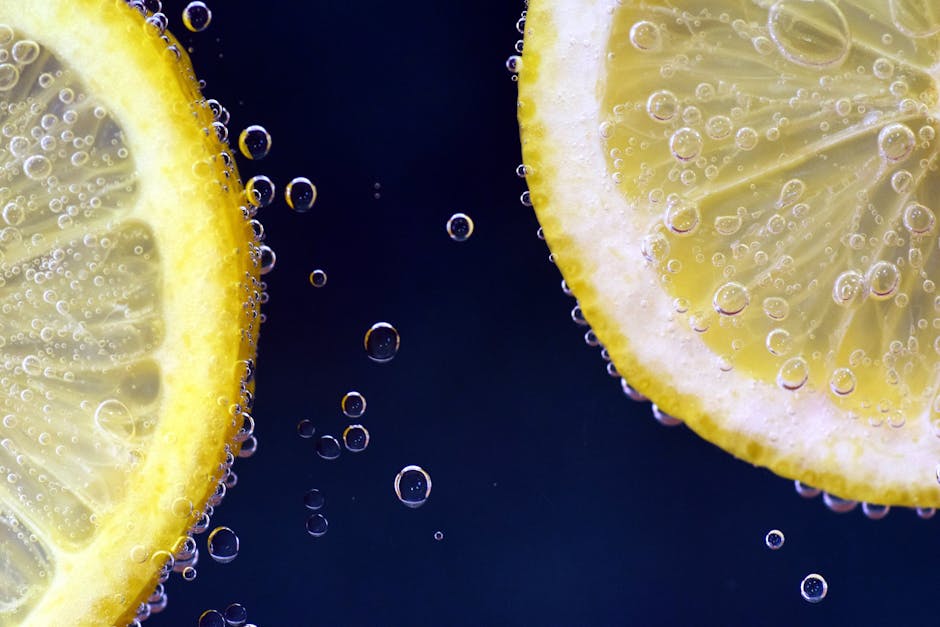Maintaining optimal hydration is a fundamental aspect of well-being, intrinsically linked to numerous physiological processes. It’s not just about quenching thirst; it’s about supporting cellular function, regulating body temperature, and facilitating nutrient absorption. This article delves into a holistic approach to hydration, exploring not only the simple act of drinking water, but also the crucial role of other beverages and dietary considerations.
Understanding the Body’s Water Needs
The human body is predominantly composed of water, with different tissues having varying proportions. This high water content underscores its essential role in numerous bodily functions. From transporting nutrients and waste products to lubricating joints and regulating temperature, water is indispensable. Individual water requirements fluctuate based on factors such as activity level, climate, health conditions, and even diet. Intense physical exertion, hot climates, and certain medical conditions demand higher water intake. Understanding these factors is critical in establishing a personalized hydration strategy.
Beyond Plain Water: Exploring Beverage Alternatives
While water remains the primary source of hydration, various beverages contribute to overall fluid intake. Fruit-infused water, herbal teas, and even milk or low-sodium broths can be valuable additions to the daily hydration repertoire. Fruit-infused water offers a pleasant alternative, providing subtle sweetness and natural flavour without added sugars. Herbal teas, with their diverse array of properties, contribute to overall hydration and, in some cases, offer additional benefits like aiding digestion. Low-sodium broths, while not the primary source of hydration, can help replenish lost electrolytes lost through sweating. However, it’s essential to be mindful of added sugars and excessive sodium content in these alternative beverages.
Dietary Sources of Hydration: A Nutritious Approach
Many foods contain significant amounts of water. Fruits and vegetables, for example, can contribute significantly to daily fluid intake. Fresh produce like cucumbers, watermelon, and spinach are not only packed with vitamins and minerals, but they also serve as excellent hydrating agents. Choosing a diet rich in these types of foods can contribute significantly to your fluid intake. This approach is often overlooked but can be a surprisingly beneficial way to enhance hydration.
Calculating Your Daily Fluid Needs: A Personalized Approach
Precisely calculating the optimal daily fluid intake involves a nuanced approach. There’s no one-size-fits-all answer, and individual needs vary widely. However, a general guideline is to listen to the body’s signals. Thirst, urine colour, and overall energy levels can provide valuable insights into your hydration status. In addition, understanding the level of activity you engage in will help adjust your hydration plan. A simple method for estimating requirements includes considering your body weight and activity level. Consult with a healthcare professional or registered dietitian for personalized recommendations and to address any concerns about specific health conditions.
Practical Strategies for Improved Hydration
Implementing practical strategies can significantly impact hydration levels. Carrying a reusable water bottle, consciously sipping water throughout the day, and scheduling hydration breaks can all be incorporated into daily routines. Planning hydration-focused meals by incorporating fruits and vegetables rich in water content can help reach the desired daily intake goals more naturally. Setting reminders on a phone or using hydration apps are also effective strategies. Consistency is paramount to maintaining optimal hydration.
The Impact of Hydration on Physical and Mental Well-being
Optimal hydration is not just a matter of comfort; it plays a critical role in various physiological processes. Sufficient hydration is crucial for maintaining energy levels, improving cognitive function, and optimizing physical performance. Furthermore, adequate hydration is a crucial aspect of skin health, enhancing its elasticity and reducing the appearance of dryness. Hydration also plays a key role in digestion, supporting the movement of food through the gastrointestinal tract. Neglecting hydration can lead to a cascade of problems, ranging from headaches to fatigue and even compromised cognitive function.
Hydration and Electrolytes: A Complementary Partnership
Electrolytes, such as sodium, potassium, and magnesium, play a significant role in maintaining fluid balance and nerve function. They are essential for proper muscle function and the regulation of blood pressure. While water is vital for hydration, consuming electrolyte-rich foods or beverages, especially during or after intense physical activity, can be beneficial in replenishing lost electrolytes and maintaining optimal hydration and bodily function.
Recognizing Dehydration Symptoms and Addressing Underlying Issues
Recognizing symptoms of dehydration, including fatigue, headaches, dizziness, and dark-coloured urine, is crucial for early intervention. Dehydration can stem from various factors, such as illness, excessive sweating, and certain dietary choices. Addressing underlying issues, like chronic illness, is vital to prevent or mitigate dehydration-related problems. Consulting with a healthcare professional is essential for any concerns about prolonged or severe dehydration.
Conclusion: A Sustainable Approach to Hydration
Ultimately, a comprehensive approach to hydration involves a conscious effort to listen to the body’s signals, incorporate diverse beverages, embrace a nutrient-rich diet, and implement practical strategies. It’s about more than just drinking water; it’s about fostering a holistic relationship with fluids and their crucial role in overall well-being. By understanding individual needs and prioritizing hydration, you can significantly contribute to maintaining optimal health and vitality.
